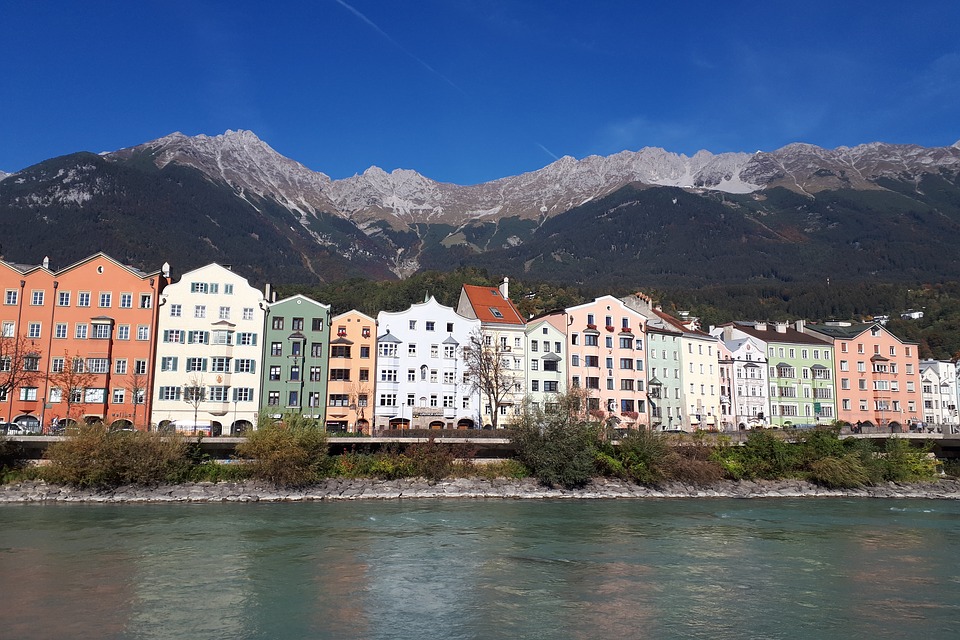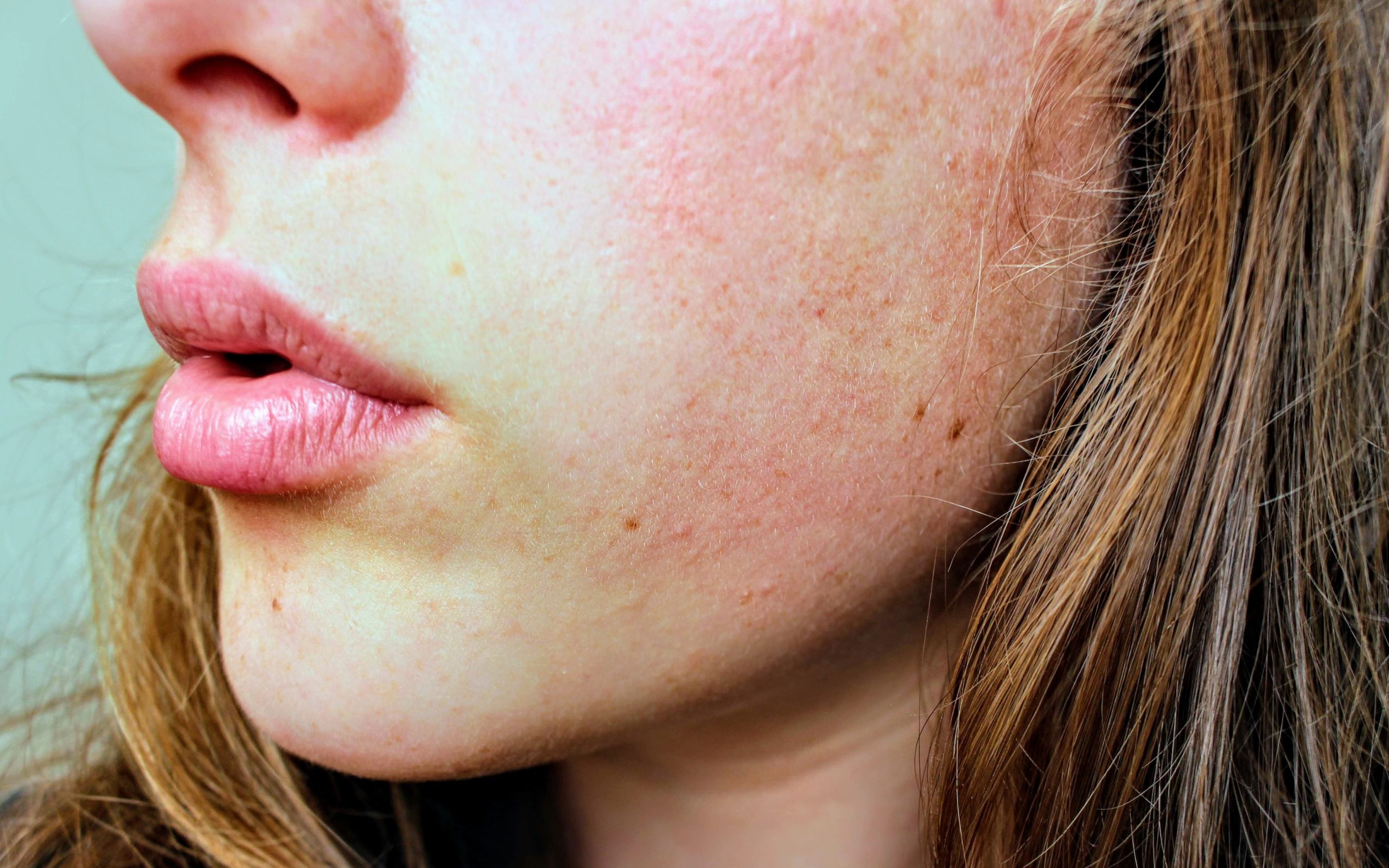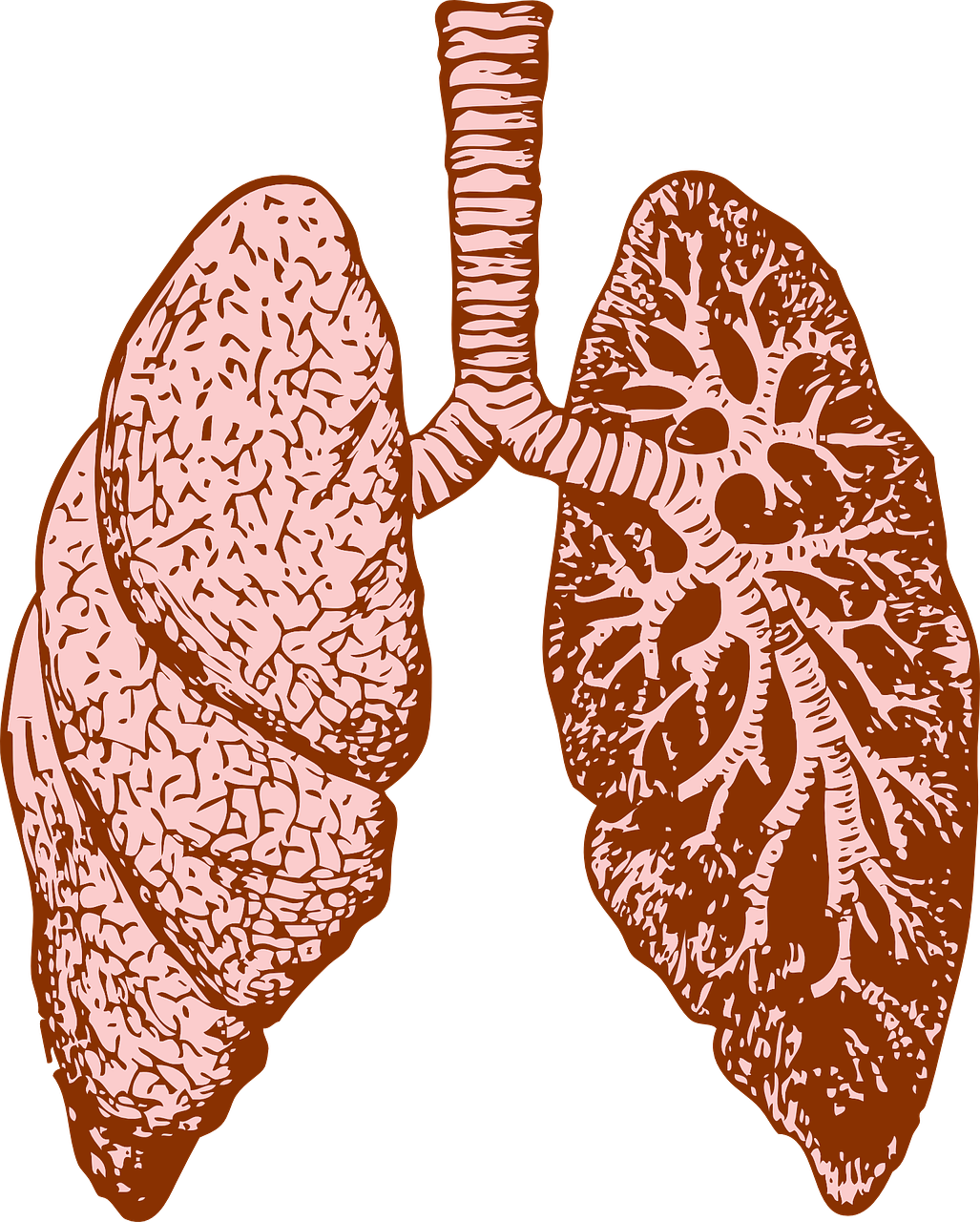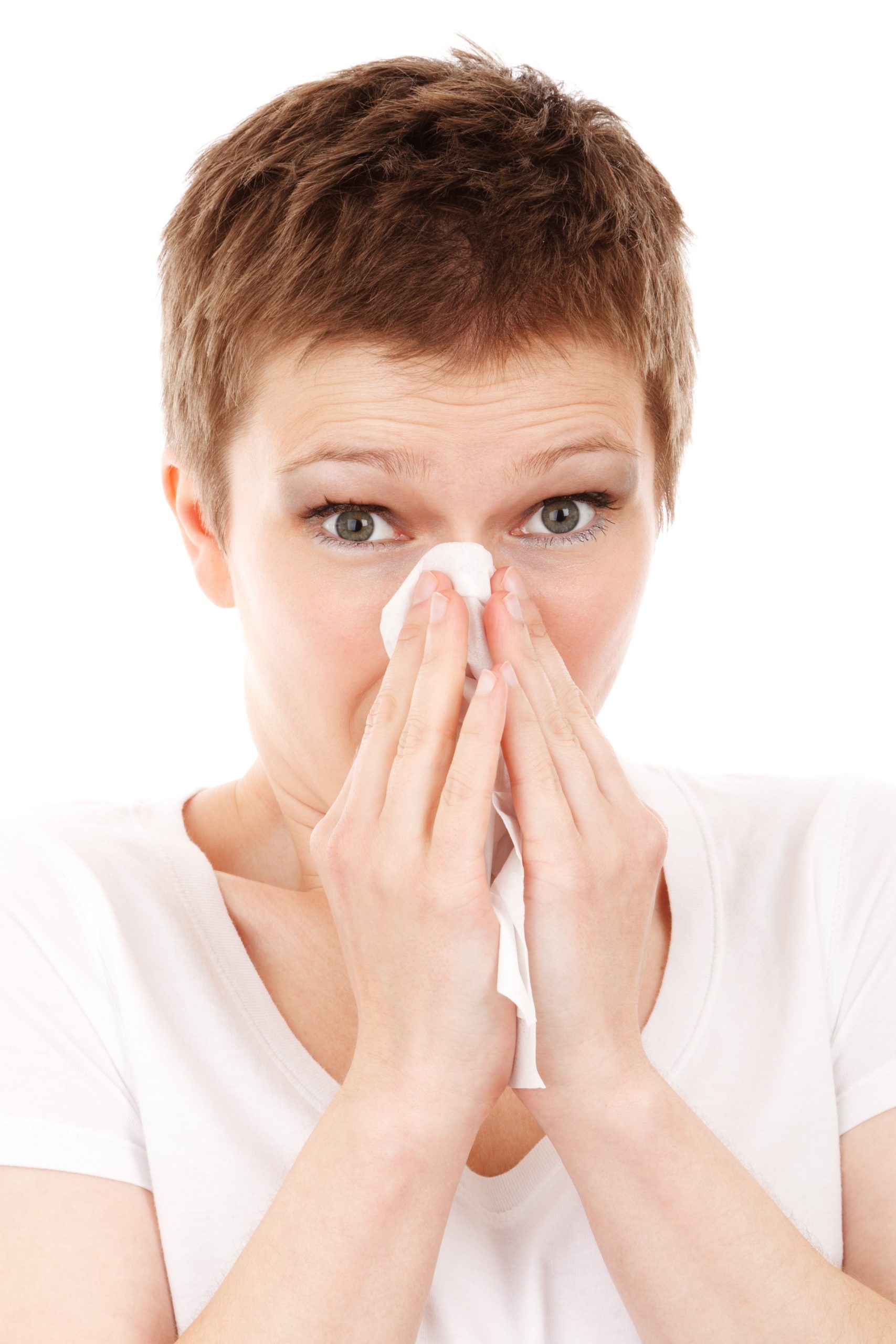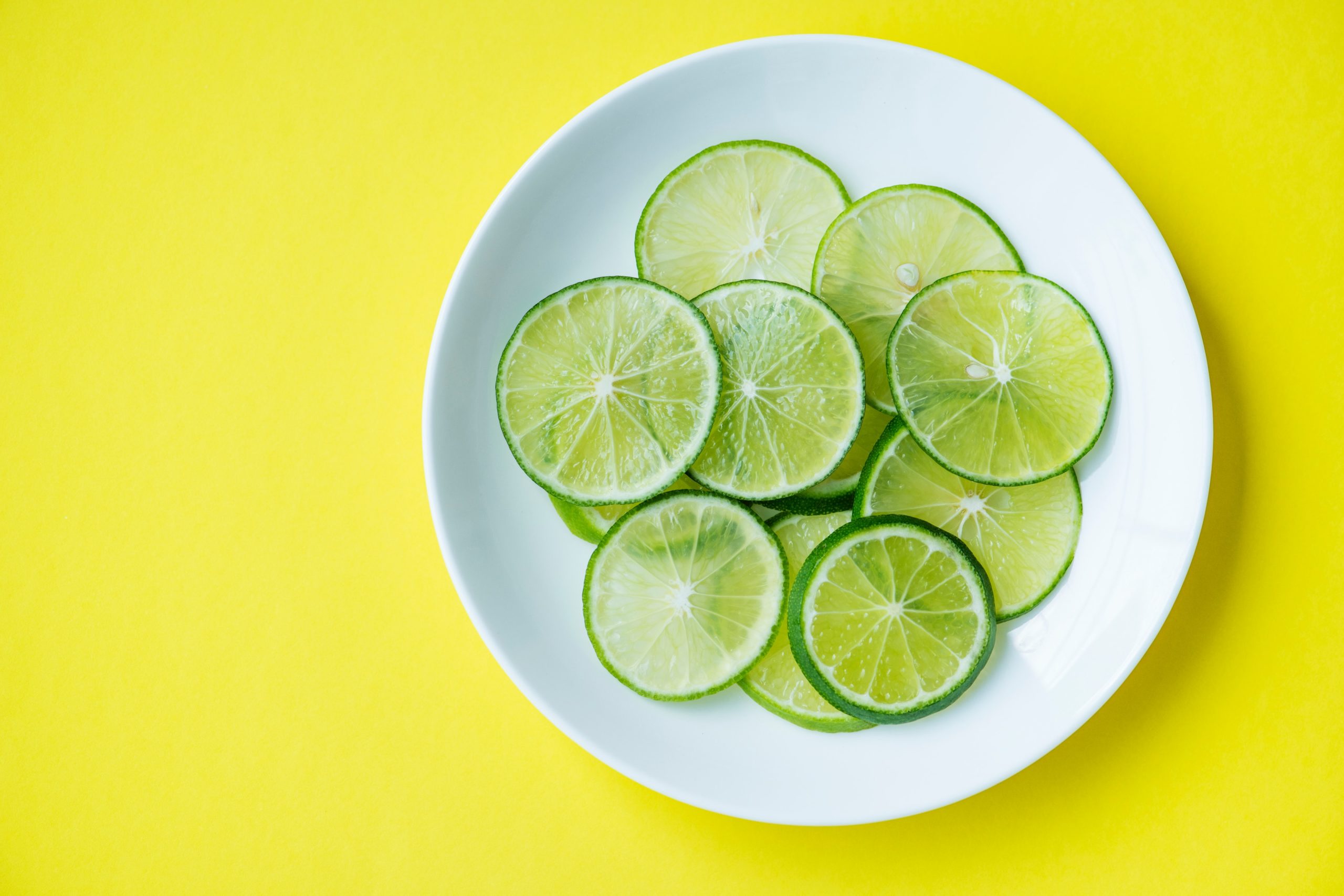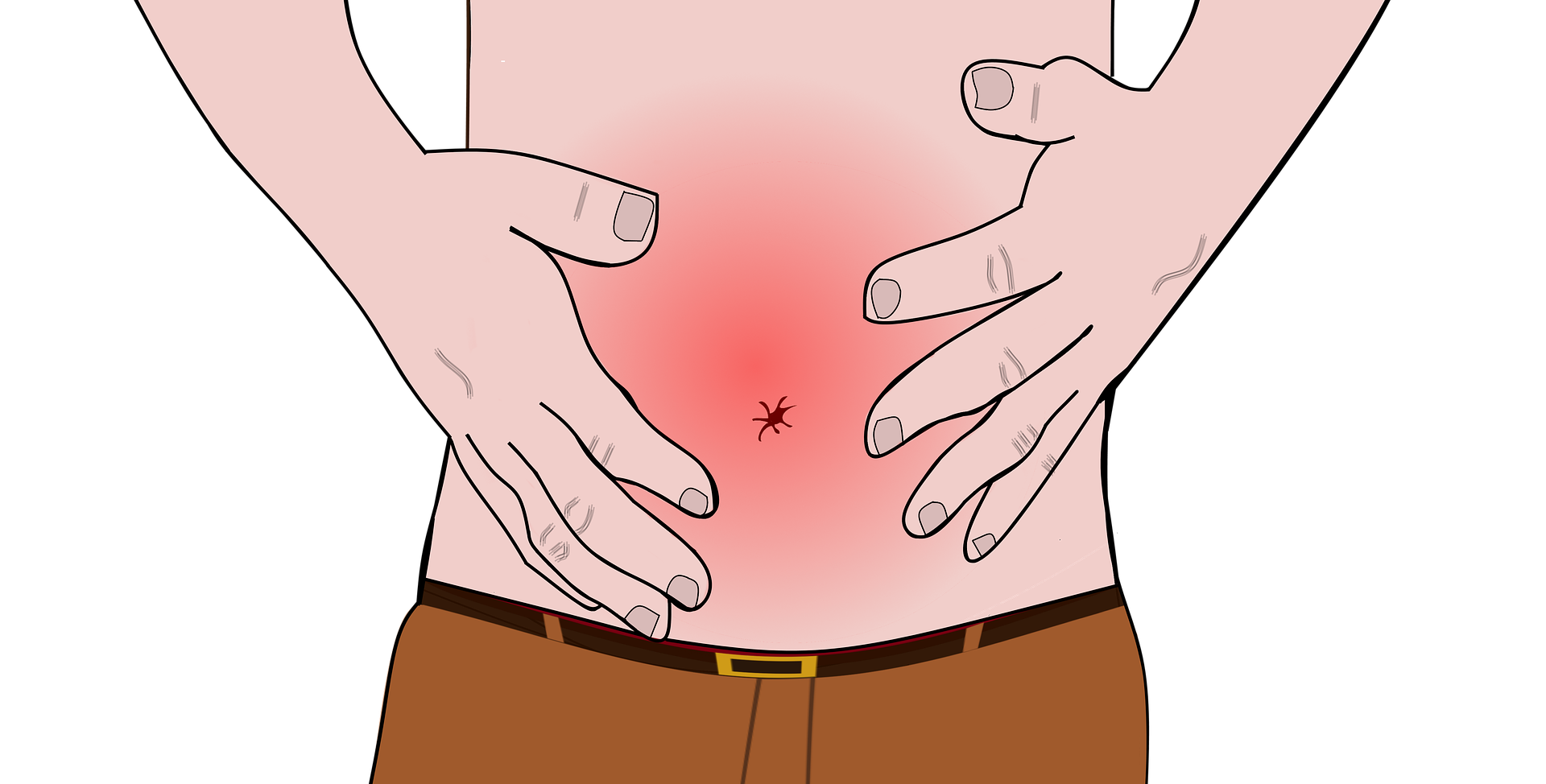After a few days of social media detox and recovery time from a slight bought of jetlag, I am now refreshed and ready to reflect on my amazing European escape. As Aussies, who live so far from the rest of the world, we are very lucky to have the opportunity to fly long distances and to experience new cultures. My time in Europe will remain, in my mind, as one of the most treasured and eye-opening experiences I have ever been blessed with. If you can save up your pennies, get to Europe and see for yourself. You will return a different person, for the better, I promise.
Here is a little brief of each place I visited.
Amsterdam, Netherlands – beautiful canal passages, interesting homes, loads of healthy food options and many places to walk, exercise and explore with ease (the city of bikes). For the most part these lovely people take care of their health naturally. Supermarkets boast opportunities to nourish, daily markets offer fresh produce and the odd sweet treat to enjoy. Small canal cruises are a must, there is no better place to see Amsterdam than from the water. You can sit back and enjoy some local nibbles while sipping on Champagne or a local beer. Cheese is a staple in Amsterdam, much of the cheese you will find around Europe is goat’s or sheep’s which is fabulous, however, even the cows cheese seems to be easier to digest than our heavily processed cheeses here in Australia.
Paris, France – The city of love. This gorgeous city lives up to its expectation. Take a walk to the Eiffel Tower and you will be surrounded by the love of family, friends and couples, all enjoying the sights, photos and lunch on the grass in front of the iconic structure. Take a river cruise at sunset and see the city from a different perspective. The French are renowned for their decadent pastries and baguettes. Enjoy a taste of everything and choose darker varieties when it comes to baguettes, explore the city on foot and you will remain in good health and as petite as the lovely French people. If you do your research you will come across some magnificent healthfood stores with multi-levels, places I could get lost in for hours! Oh, and remember to try the ‘Nicoise Salad’, a salad of tuna, tomatoes, hard-boiled eggs, Niçoise olives, anchovies, and dressed with olive oil. Learn a few phrases in French as a courtesy for being in their country and they will come to the party with a happy smile speaking in English, they are a clever bunch! Take care in crowded places as pick-pockets are notorious in most of Europe but we found the worst to be Paris, so what your belongings and pockets.
Munich (aka Munchen), Germany – Yes, Germany is a place for beer and pork knuckle. However, do not underestimate the Germans access to healthy food options. One of the largest beer gardens in Munich is also home to an enormous fresh food market, overflowing with vibrant fruits, vegetables, juice bars and delis, offering the finest olives, sundried tomatoes, pickles garlics and more. Looking for a nice bread on your travels. The German’s have it right! Whole grain rye bread (Katenbrot), Whole grain rye bread (Vollkornbrot), Three Seed Bread (Dreikornbrot), sunflower Seed Bread (Sonnenblumenbrot), Pumpernickel (Pumpernickel) are all favoured by the Germans, even on their trains, yum! All amazing as toast or as a sandwich with some salmon and avocado! Aside from food, journey out to Neuschwanstein Castle and take in the beautiful mountains on the way. Have a spare day? Take an eye-opening, heart wrenching tour to Dachau, to see the history that is pivotal in the regions and much of Europe’s modern history.
Innsbruck, Austria – An absolute MUST DO. I had never considered travelling to Austria, but I am glad I did. This city in the mountains is breathtaking. Standing in awe in the city you, simply by looking around you you’ll be in amazement of the hundreds of snowy mountain peaks. Jump on the gondola and look down at the city and out to the mountains for a truly overwhelmingly beautiful experience. Come down the mountain a short distance and enjoy a visit to the Alpine Zoo where you will learn about the many animals that live in the snowy region’s mountains. Take a tour out of town to Swarovski to snap up some crystals and be amazed by the wonderland they create with their world-renowned crystals. Austrian food is similar to German food, if you snap up a good air BnB with cooking facilities, you can prepare some great healthy meals at home for next to nothing.
Zurich, Switzerland – EXPENSIVE! Beautiful, but yes, very expensive. I would suggest to either say just one night here or stay just outside of Zurich. There are gorgeous little towns around Switzerland that sit within the mountains and are a little less expensive. My favourite place in Zurich was by far the river (The Limmat). The water is pristine and a lovely swimming spot in Summer. Here we chose to eat from the supermarkets because it was cheaper than eating at restaurants, but we still managed to eat well, enjoying pre-prepared salads and taking sandwiches with us to the river.
Florence, Italy – What more can you say about Italy than WOW! The people, the food, the history, the buildings, everything is just fantastic. The Italians do love their carbs so remember to get your walking shoes on and explore the city on foot to burn them up. The pasta is made by hand and seems to have less of an impact on digestive function than our packaged pastas here in Australia. The tomatoes in Italy are like no other. They are rich, juicy, flavoursome and are perfect in a caprese salad. The seafood in Italy is also fresh and perfectly cooked, don’t miss it on your way through. Seafood is of course a healthy option on most menus and will give you a reprieve from high carbohydrate meals. Florence is bursting at the seams with historical museums and cathedrals, no two are the same so get around to as many as possible.
Ibiza, Spain – Known by most Australians as the ultimate party island, Ibiza is this and so much more! Crystal clear beaches and reefs sweep the entire coastline of the island and its surrounding lesser known islands. A tropical escape populated by people with seemingly no worries or judgement. The summer is a busy time in Ibiza and is practically their only season for making money. This makes the cost of almost everything increases with demand and need for income from locals and businesses. However, I suggest if you are budget savvy on the rest of your trip and you are to treat yourself in one place, make it Ibiza. Indulge in the paella, swim, enjoy some tapas, dance and swim some more and you will be as fit and fabulous as the rest of the partygoers on the island. As an island of Spain, Ibiza adopts its Spanish heritage, which is healthy, tasty and designed to share so order up a few tasting plates with your mates and enjoy the view. I suggest you find a nice restaurant on the Sant Antoni side of the island to enjoy the sunset, although there really is no bad spot for a good view on the island.
Barcelona, Spain – Barcelona is a big city beaming with big culture. Don’t be fooled by the daunting hustle and bustle of La Rambla, the most famous street in Barcelona. Take a step outside of this touristy area and you will find a wonderful world of tapas bars and restaurants, local markets and a beautiful stretch of beach. Take a tapas tour to get an honest idea of what and where the locals like to eat and hang out. On the tour we did, we discovered that the locals rarely drink Sangria, how shocked we were! Yet walk into any touristy venue and they will serve up a tasty sweet jug of Sangria for you. Tapas is Spain is not like the Australian versions we know. Very little is deep fried, you will experience an array of fresh seafood prepared various ways and many vegetables such peppers, artichokes, mushrooms and more to tantalise your tastebuds. Paella isn’t like anything we have here in Australia either. The Spanish really do have the special touch on their local food that cannot be replicated to its tasty extent by any other who tries. The ‘true’ Spanish cuisine was quite possibly my favourite of the whole trip.
Despite the magic of travelling, meeting new people, getting involved in other cultures and marvelling at some breathtaking views and history, there really is no place like home. It is great to be back home in beautiful Australia, where we are spoilt in so many ways. It is also refreshing to be back into a routine and ready to see clients!
Whether you live near or far I am here to help you with nutritional support and to work with you to achieve your health goals.
Contact me enquiries@betame.com.au or 0413 119 161

